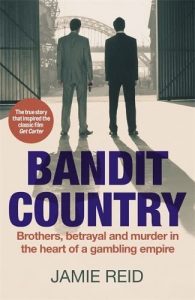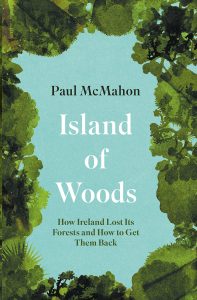
Welcome to an after-dark world of new money, hedonism and excess. A world of luxurious nightclubs where racketeers, gamblers and glamorous women mixed with entrepreneurs, bunny girls, politicians and policemen. Bandit Country is a gripping, atmospheric true-crime noir. It is the story of Britain’s 1960’s gambling boom, as the country emerged from years of hardship to embrace exotic night-life and entertainment, all supplied by the Mafia. It is an emotional, visceral story of brothers: the Luvaglios, who dreamed of an empire founded among the hard industrial skylines and bridges of Newcastle, built on good times and bright lights – dreams that, for a moment, were lived in technicolour; and the Kray twins, who looked up to this new kingdom from London and saw a slice of action they wanted for themselves. And above all, it is a story of betrayal, murder and a shocking miscarriage of justice, as empires crumble, friends turn on friends, and the good times come screeching to a halt. Sure to be loved by fans of Peaky Blinders, this story – that inspired classic British gangster film Get Carter – isn’t quite like anything you’ve read before. Turn the page and roll the dice…

